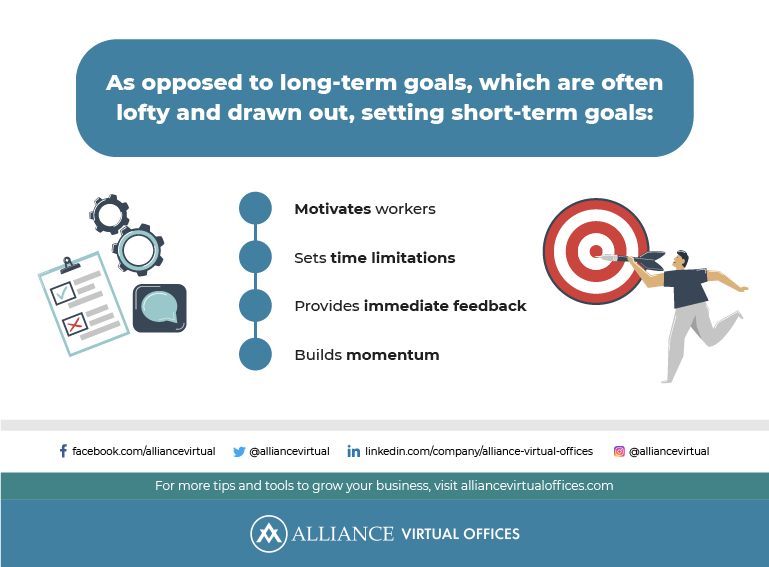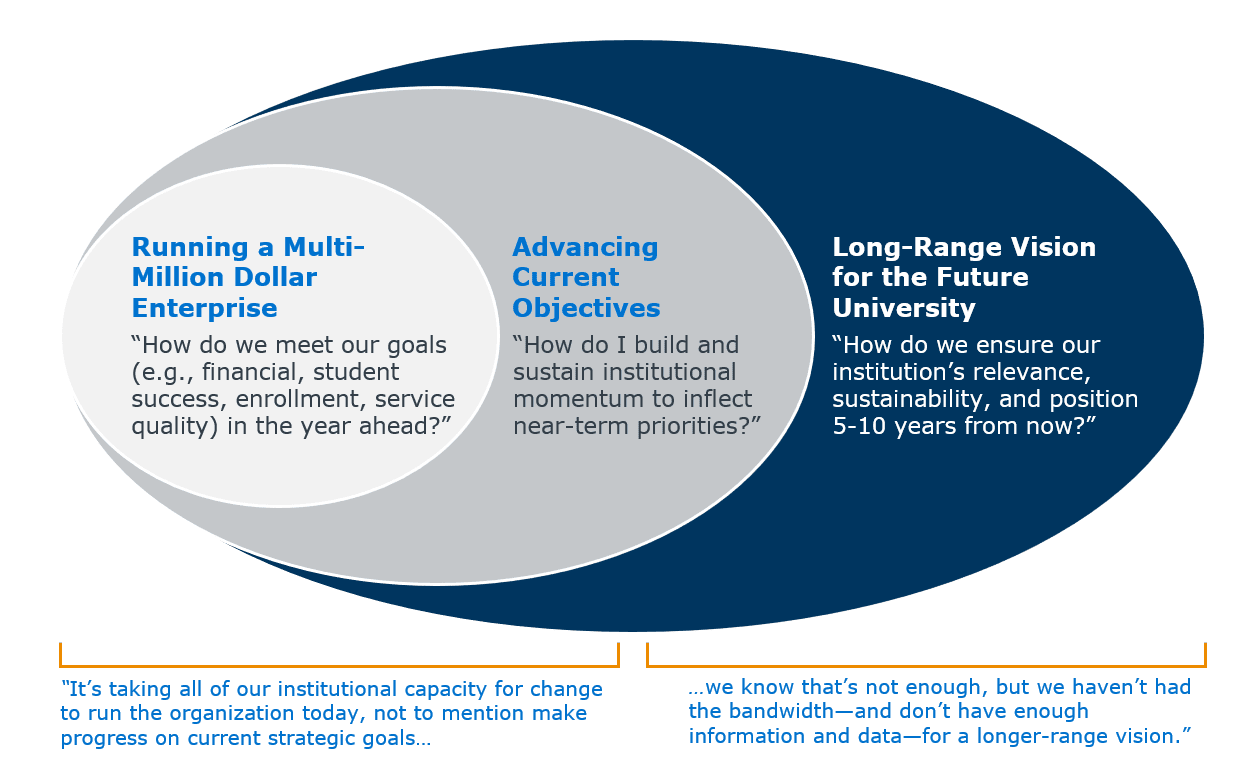Short term and long term objectives are important for setting and achieving goals. Short term objectives are goals that are meant to be achieved in the near future, typically within a year or less. They are often smaller, specific steps that help to achieve a larger, long term goal. Long term objectives, on the other hand, are goals that are meant to be achieved over a longer period of time, often several years or more. These goals are typically more broad and may require more planning and effort to achieve.
Having both short term and long term objectives can be beneficial because it allows individuals and organizations to break down their goals into more manageable steps. This can help to keep motivation and momentum going, as well as make it easier to track progress and make any necessary adjustments along the way.
For example, let's say an individual's long term goal is to become a successful business owner. A short term objective that could help them achieve this goal might be to complete a business degree or gain experience in the industry by working for a company in a related field. On the other hand, a long term objective might be to establish a successful business with a strong customer base and financial stability.
In addition to helping to achieve larger goals, short term objectives can also provide a sense of accomplishment and satisfaction. Completing smaller, more achievable tasks can give people a sense of progress and encourage them to continue working towards their long term goals.
It's important to have a balance between short term and long term objectives. While it's important to have long term goals to strive for, it's also important to have short term objectives that can help to keep motivation and momentum going. Additionally, it's important to be flexible and open to adjusting or reevaluating goals as needed. Life can be unpredictable and it's important to be able to adapt and make changes as needed.
In conclusion, short term and long term objectives are important for setting and achieving goals. Both types of objectives can be beneficial for breaking down larger goals into more manageable steps, tracking progress, and maintaining motivation. It's important to have a balance between the two and to be flexible and open to adjusting goals as needed.







